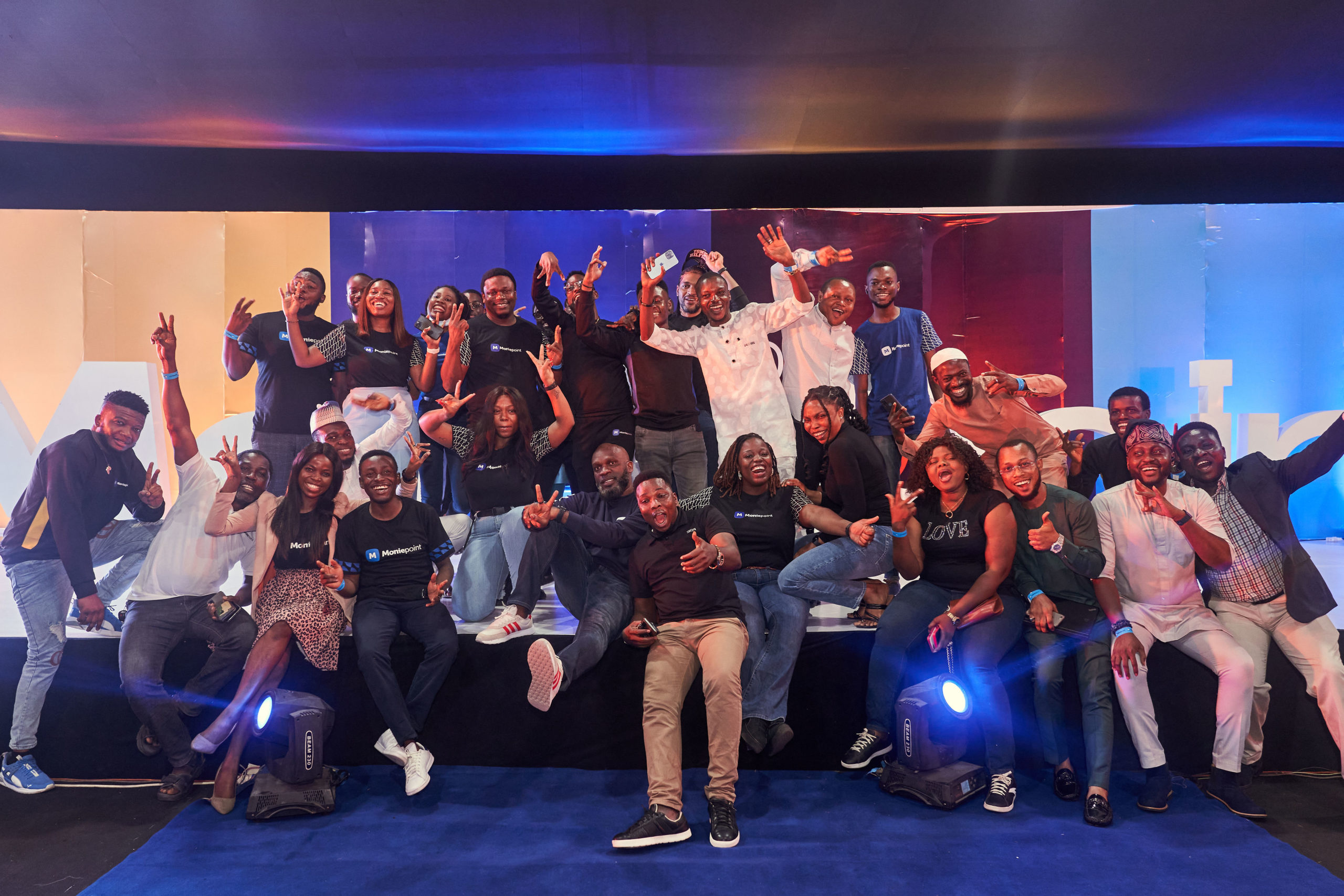In the post-covid, more globally interconnected world, workplace dynamics are different. Employee retention is now a global competition instead of just a local one. According to the WEF, for example, there are around twice as many job openings in the US as unemployed people. Being the employees’ choice is also important for companies, as it’s been shown that attracting top talents can lead to a 33% increase in revenue.
So how can companies balance retaining global talents, creating a healthy culture and driving productivity? A not entirely new but often overlooked system we use at Moniepoint Inc., is the 4Ms framework. This framework highlights four core areas where companies can optimise to create a meaningful experience for their employees.
- Creating a Sense of Meaning
Our first focus is ensuring that its employees derive a sense of meaning from what they do. Beyond just signing up to work from whatever location employees are, it’s important that the work they do is tied to creating some value in the world.
Employees who believe their company has a higher purpose than just profits are 27% more likely to stay at their companies. This sense of meaning is important because work isn’t just about work anymore. And if you can effectively communicate this to your employees, you’re more likely to retain them.
At Moniepoint, we do this by sharing regular stories of the impact of our products on the communities we serve. These stories help connect the work that the team does with real impact on the world. They see lives being changed, and this helps them see how meaningful their work is.
- Fostering Company-wide Membership
It’s a core human desire to be part of something greater than ourselves. This is why we form societies, cliques and groups. When we’re part of a cohesive unit, we’re more likely to stay where we are and enjoy our time better.
The previous trend as companies try to hack this was to define themselves as a “family”. But there are many reasons why this doesn’t work. Apart from the term not being generally applicable or comfortable for everyone, a family often operates on systems that just don’t exactly fit a workplace (nor are appropriate).
At Moniepoint, we drive this sense of membership instead, by thinking of ourselves as a team. Or, more precisely, a sports team.
If you’ve ever watched a sport, you know that everyone on the team has a defined role to play, all of which help drive the overall purpose – scoring goals and winning. On a team, no person feels more important than the other. Everyone understands that their contributions matter in the grand scheme of things.
This sense of membership is crucial as it helps everyone see that their contributions are valid, while giving them a sense of belonging that makes it easier for them to feel heard and understood.
- Prioritising Mastery and employee growth
A core part of this framework is ensuring everyone has the proper skill set to perform their jobs. This is important for two reasons;
- Productivity is higher when people have the skills to do their jobs effectively.
- Collaboration among teams is more seamless when everyone knows what they’re doing.
Part of driving this mastery is ensuring that everyone who joins the team has a good level of expertise in their respective fields, but it’s also creating room to grow. According to LinkedIn’s 2018 Workforce Learning Report, 93% of employees would stay at a company longer if it supported their professional development.
- Adding Money to the mix
There’s such a hushed conversation around money and benefits between employers and employees. When companies have “meaning” and “membership” defined for their employees, they often make it seem like money doesn’t have to be so good.
But there’s nothing altruistic or even benevolent about not paying your employees what they’re worth.
According to PwC’s 2022 Global Workforce survey, 71% of employees think about whether or not they are fairly rewarded financially when considering a change in work environment. This report also showed that Meaning is just as important as Money, when deciding where to work for the majority of employees.
So ultimately, compensating your employees properly is crucial to competing for talents on a global scale, and ensuring that those on your team are fully engaged.
If you’re looking to take steps towards improving culture and productivity at your company through this framework, here are a few things you can do;
- Curate stories of the impact of your product and share them both internally and externally.
- Be intentional about your culture. Don’t just “wing it”. Decide what you want your company culture to be, and take it seriously.
- Great culture isn’t just about your company; it’s also about your employees. So listen to their feedback and meet them halfway to build an experience that suits them and your company.
- Be a part of your employees’ growth stories. Give them room to solve problems creatively and contribute outside of traditional systems.
- Create a system that enables your employees to feel properly rewarded for their work.




















